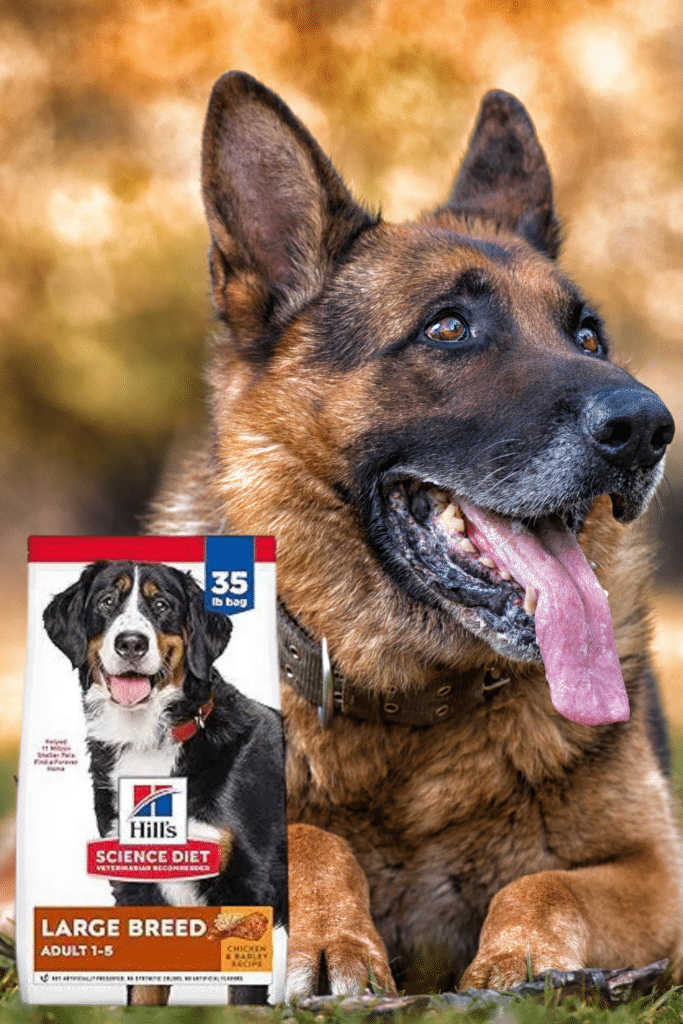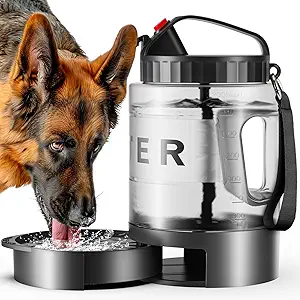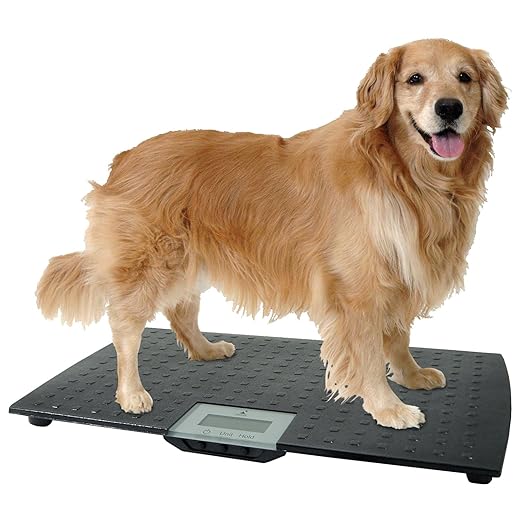How to Create a Balanced Diet for Your German Shepherd
This post may contain affiliate links, which means I’ll receive a commission if you purchase through my link, at NO EXTRA COST TO YOU
Creating a balanced diet for your German Shepherd is essential for their health and longevity. German Shepherds are active, intelligent dogs that require proper nutrition to thrive. In this blog, I will guide you through the key components of a balanced diet for your German Shepherd, ensuring they receive all the nutrients necessary for optimal health.

Understand Nutritional Needs
First, understanding the nutritional needs of your German Shepherd is crucial. Generally, a balanced diet for your German Shepherd should include proteins, fats, carbohydrates, vitamins, and minerals. Proteins support muscle development and repair, while fats provide essential energy and support healthy skin and coat. Carbohydrates offer additional energy and help maintain digestive health.
As you create a diet for your German Shepherd, focus on high-quality sources of these nutrients. Look for dog food that lists meat as the first ingredient. This focus ensures that your dog receives adequate protein to support their active lifestyle.
Choose High-Quality Dog Food
When selecting dog food, prioritize high-quality options that meet the nutritional standards set by the Association of American Feed Control Officials (AAFCO). Many brands offer specially formulated diets for German Shepherds, addressing their unique needs. Pay attention to the labels and choose foods with real meat, whole grains, and healthy fats.
If you prefer a homemade diet for your German Shepherd, ensure you consult with a veterinarian or a canine nutritionist. They can help you formulate balanced meals that include all necessary nutrients while avoiding common pitfalls, such as excessive carbohydrates or unhealthy additives.

Why Hill’s Science Diet Adult Large Breed?
Hill’s Science Diet includes high-quality protein from real chicken, which promotes lean muscle. Moreover, its blend of omega-6 fatty acids and vitamin E ensures your German Shepherd’s coat remains shiny. It also includes natural sources of glucosamine and chondroitin for joint health, essential for active breeds like German Shepherds.
Portion Control is Key
Next, portion control plays a significant role in maintaining a balanced diet for your German Shepherd. Overfeeding can lead to obesity, which increases the risk of various health issues, such as hip dysplasia and diabetes. Therefore, it’s essential to follow feeding guidelines provided on dog food packaging or your vet’s recommendations.
Consider your German Shepherd’s age, weight, activity level, and metabolism when determining portion sizes. For instance, active dogs may require more food than sedentary ones. Use a measuring cup to ensure accurate portions, and adjust as necessary based on your dog’s weight and energy levels.
Incorporate Fresh Foods
In addition to high-quality dog food, consider incorporating fresh foods into your German Shepherd’s diet. Fresh fruits and vegetables provide essential vitamins and minerals. For example, carrots, green beans, and blueberries are excellent choices that many dogs enjoy.
However, always introduce new foods gradually and in moderation. Monitor your German Shepherd for any adverse reactions, such as allergies or digestive upset. Additionally, avoid feeding them toxic foods, such as grapes, onions, and chocolate, which can be harmful to dogs.

Keep Hydration in Mind
Hydration is often overlooked but remains a crucial component of a balanced diet for your German Shepherd. Ensure your dog has access to fresh, clean water at all times. Hydration supports digestion, circulation, and overall health.
Moreover, consider offering wet dog food or adding water to dry kibble to help increase your dog’s moisture intake. This approach can be particularly beneficial for dogs that don’t drink enough water.
Monitor Weight and Health
Regularly monitor your German Shepherd’s weight and overall health as you implement their diet plan. If you notice significant weight changes, adjust their food intake accordingly. Consult your veterinarian for professional guidance if you have concerns about your dog’s weight, coat condition, or energy levels.
Additionally, routine veterinary check-ups allow you to keep track of your dog’s health and receive personalized dietary recommendations. Your vet can help you assess whether the current diet for your German Shepherd meets their needs and suggest changes if necessary.
Conclusion
In conclusion, creating a balanced diet for your German Shepherd involves understanding their nutritional needs, selecting high-quality food, controlling portions, and incorporating fresh foods. Hydration and regular monitoring of weight and health also play vital roles in ensuring your dog stays healthy and happy.
By focusing on these essential aspects, you can provide your German Shepherd with a diet that supports their active lifestyle and enhances their quality of life. Remember, a well-nourished dog is a happy dog!






